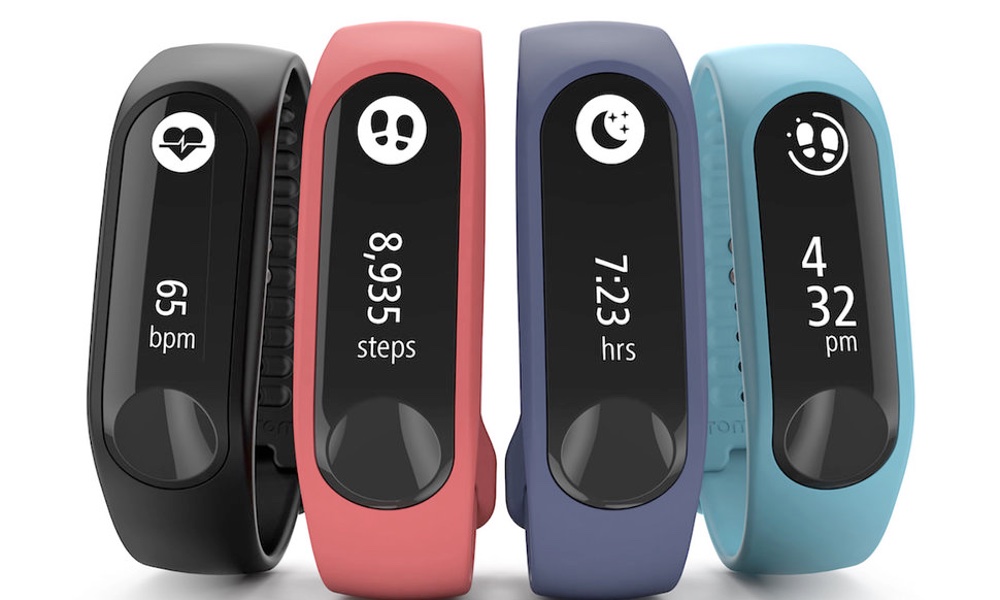Perhaps you have been eating salmon and other fish or taking supplements to gain heart-protective omega-3 polyunsaturated fatty acids (PUFAs). The use of omega-3 PUFAs from fish to reduce the risk of cardiovascular events has been supported by the findings of some clinical trials, but not supported by the data from others.
Now, a review of data from almost 70,000 patients, has found that omega-3PUFA intake is not associated with a decreased risk of CVD. Evangelos Rizos of the University Hospital of Ioannina in Ioannina, Greece, and his team looked at the findings from 20 studies in which 68,680 patients were enrolled.
Although some major medical societies have issued guidelines that recommend the use of PUFAs after a heart attack, either in supplement form or through diet, the U.S. Food and Drug Administration has approved their use only to lower triglycerides...
Among study participants, 7,044 deaths, 3,993 cardiac deaths, 1,150 sudden deaths, 1,837 heart attacks, and 1,490 strokes were reported. Analysis indicated no statistically significant association with all-cause mortality, cardiac death, sudden death, heart attack, and stroke when all supplement studies were considered.
The Greek researchers said in the background information in their article that the different indications for PUFA use can cause confusion about whether they should be recommended to reduce CVD risk.
They concluded that their findings did not justify the use of omega-3 PUFAs in clinical practice, nor do they believe their analysis justifies guidelines that recommend dietary omega-3 PUFA supplementation.
Although evidence will continue to accumulate, the study authors believe further data analysis will be needed to “refine possible associations related to, among others, dose, adherence, baseline intake, and cardiovascular disease risk group."
If your doctor has recommended that you take omega-3 PUFA supplements or increase your dietary intake of omega-3 PUFAs, you should continue to do so, at least until more studies have been done.




